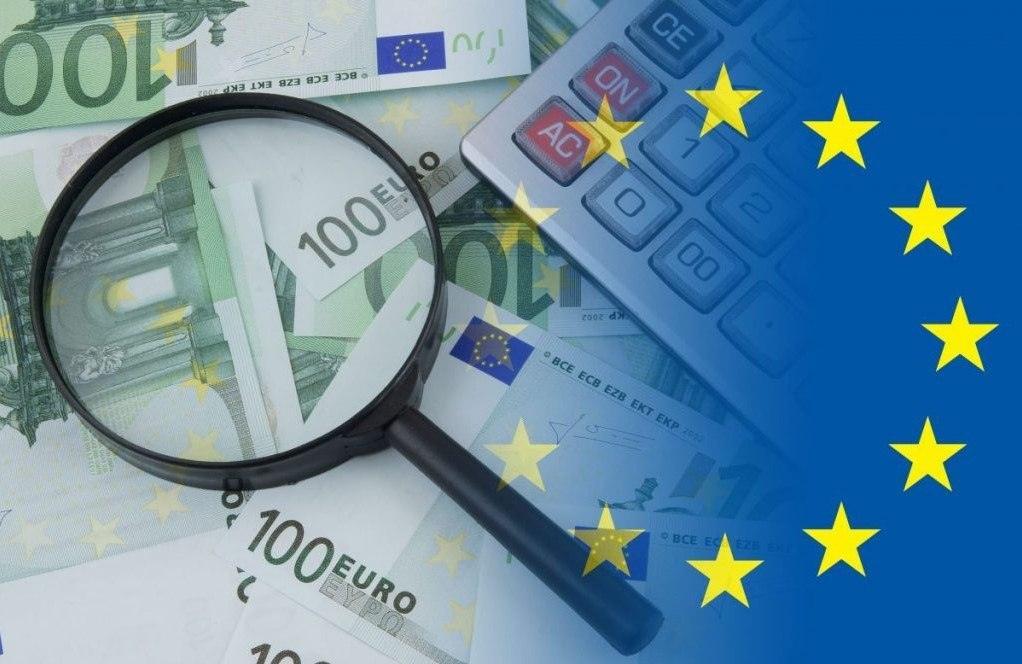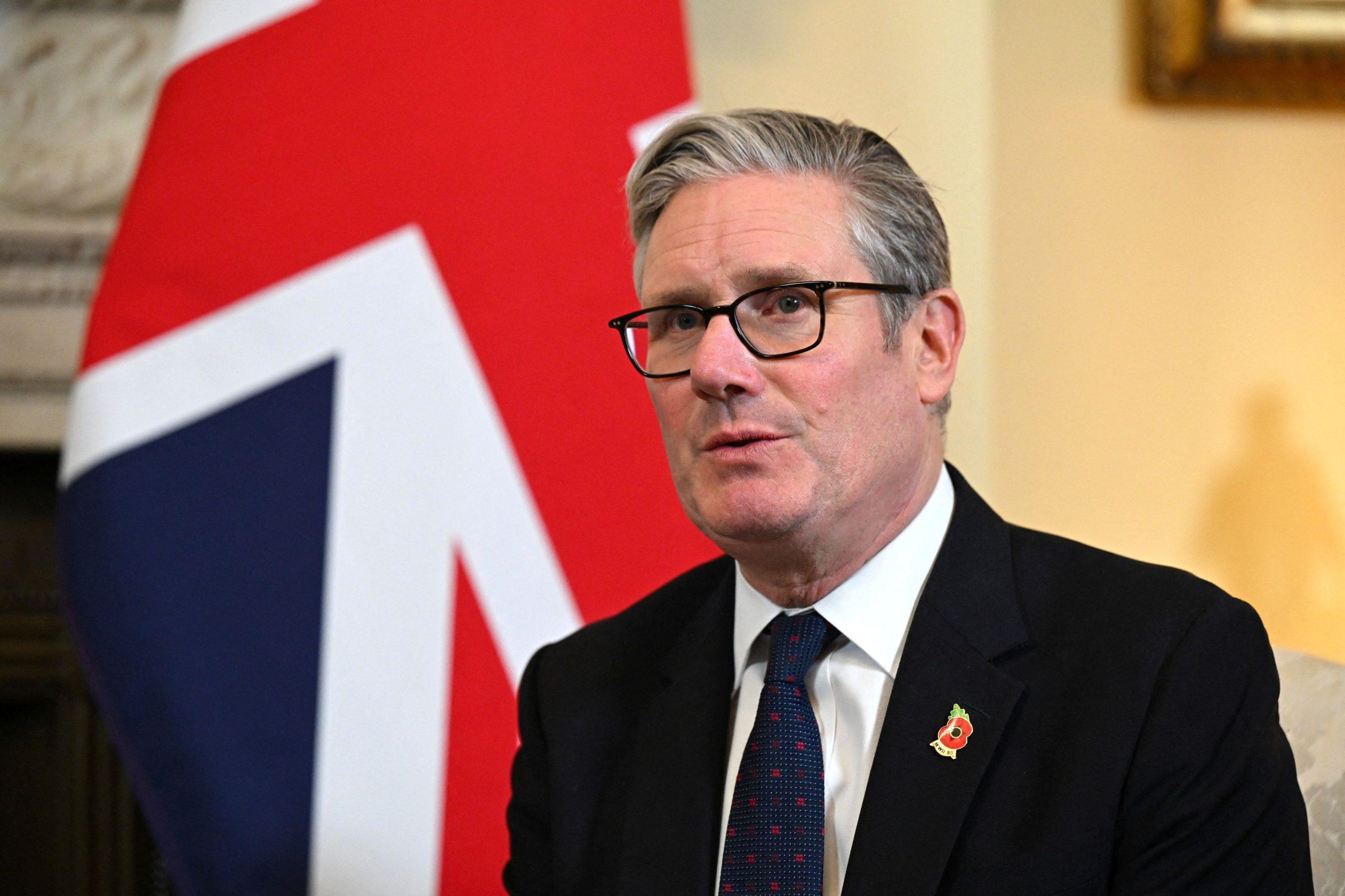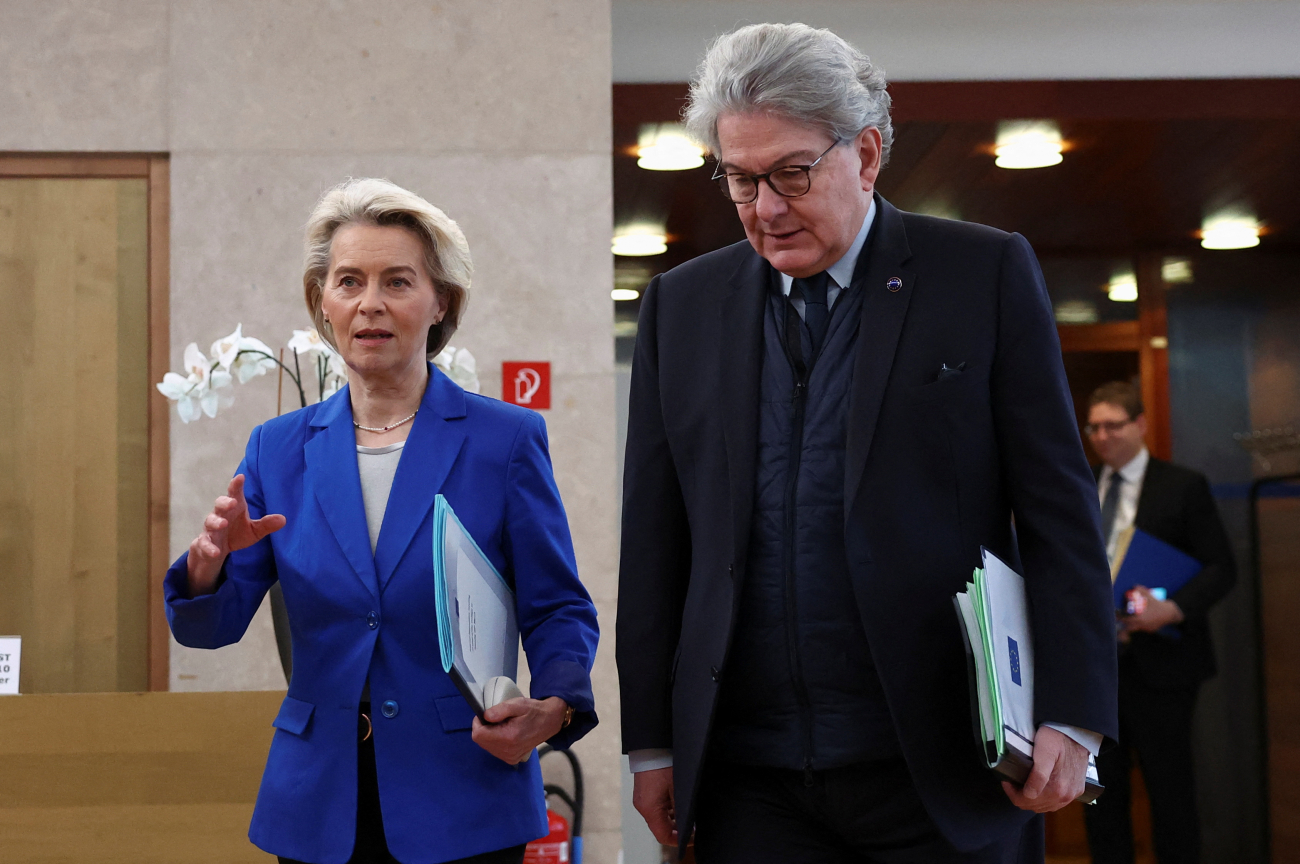The ethical, social and economic challenges posed by Metaverse are already under the microscope of International Organizations and legislative initiatives are being prepared. The Vice President of the European Parliament, Eva Kaili, spoke at the OT Forum about the upheaval that comes with the new digital universe but also about the challenges posed by the new reality.
As Eva Kaili explained, Metaverse is a sum of all the technologies we have in our hands in 3D, noting that the pandemic served as a catalyst, giving companies the impetus to investigate such a reality. The possibilities that open up are enormous and touch all areas of reality, from telemedicine, and the elimination of distances to the ability to talk to avatars even about work issues, the metaverse includes essentially what one can imagine as a combination of reality with digital games, according to Ms. Kaili.
Ensuring user safety
Ms. Kaili estimated that in the next five years 1/4 of the people worldwide will have some kind of access to Metaverse raising questions and concerns about how citizens will be protected in such a digital environment. The concern, first of all, is the very structure of the new three-dimensional reality where many different companies will have to connect and operate with common rules and codes.
In addition, the issues of personal data and the possible violation of the rules that govern the operation of the real world are particularly important, he stressed. For example, said Ms. Kaili, we must ensure that we are not misled by an avatar that states one identity but may hide another.
At the moment, as Ms. Kaili noted, there is a discussion at European level on how the whole new reality will work. At this stage, she said, the main thing is to find out what we should intervene making sure that what is legal in the real world will be legal in the digital world. One issue is the vagueness about responsibility and attribution.
Finally, Ms. Kaili referred to the steps that have been taken at European level for the protection of minors on the internet, a fact that gives guidelines for the new digital reality.
















![Επαγγελματικά ακίνητα: Στα ύψη οι τιμές ενοικίασης – Οι περιοχές [πίνακες]](https://www.ot.gr/wp-content/uploads/2025/12/graf-1024x551-1.jpg)























